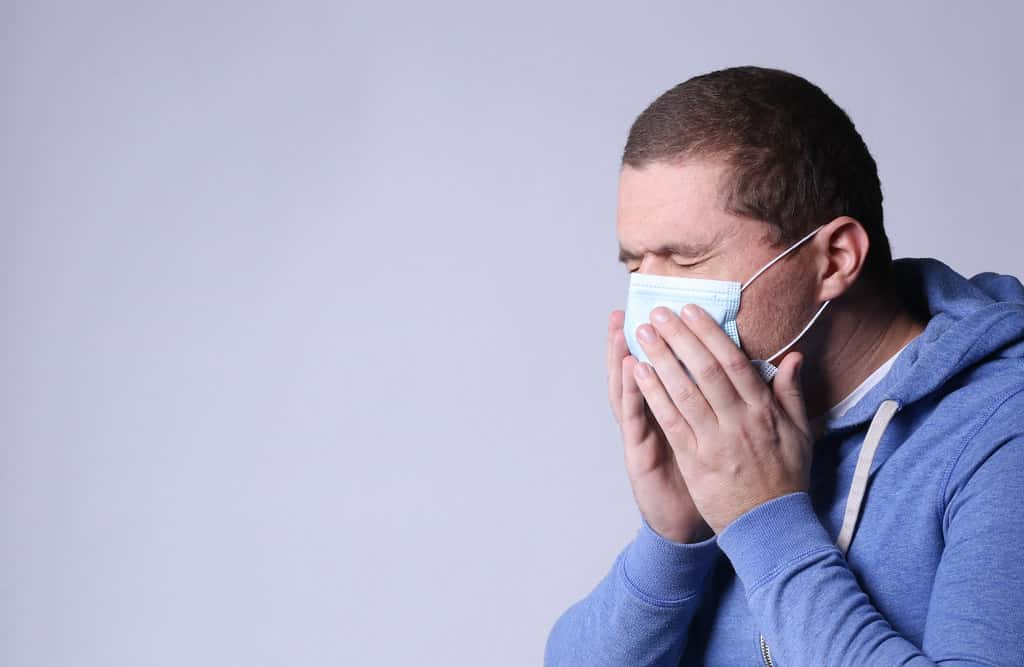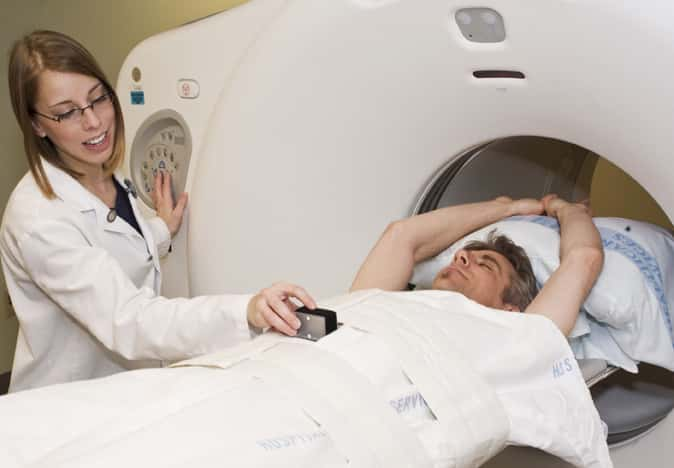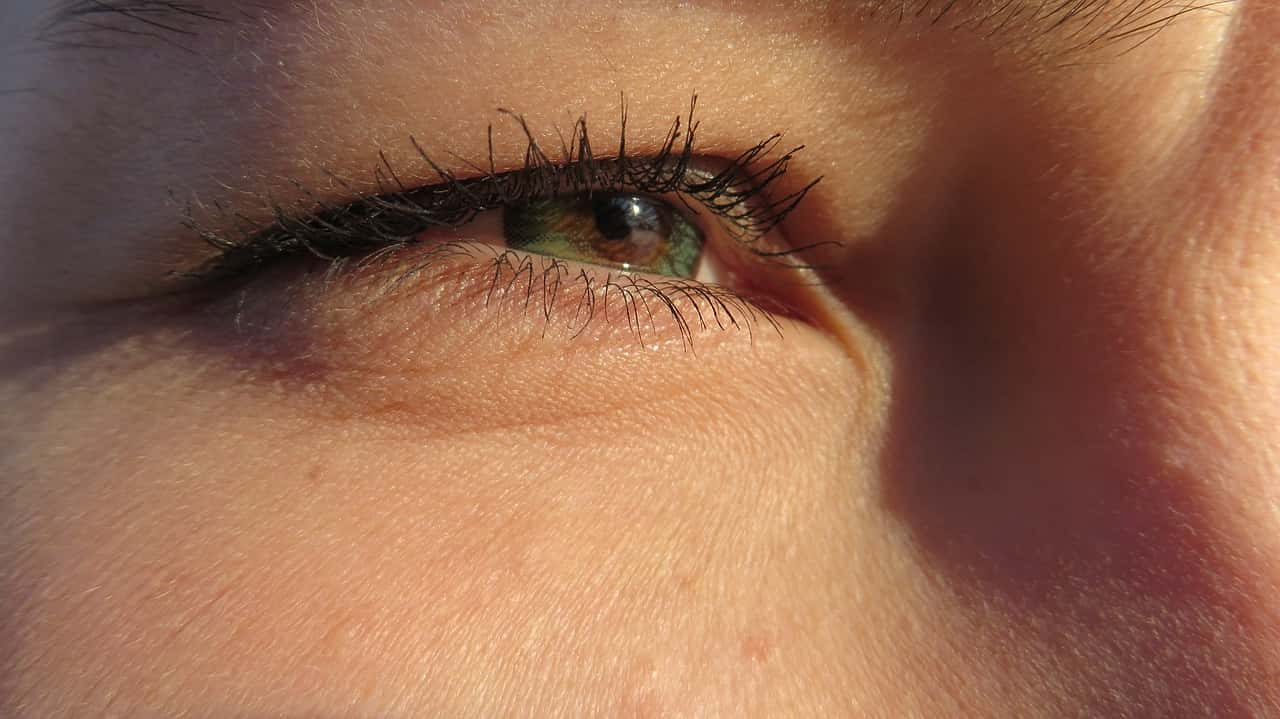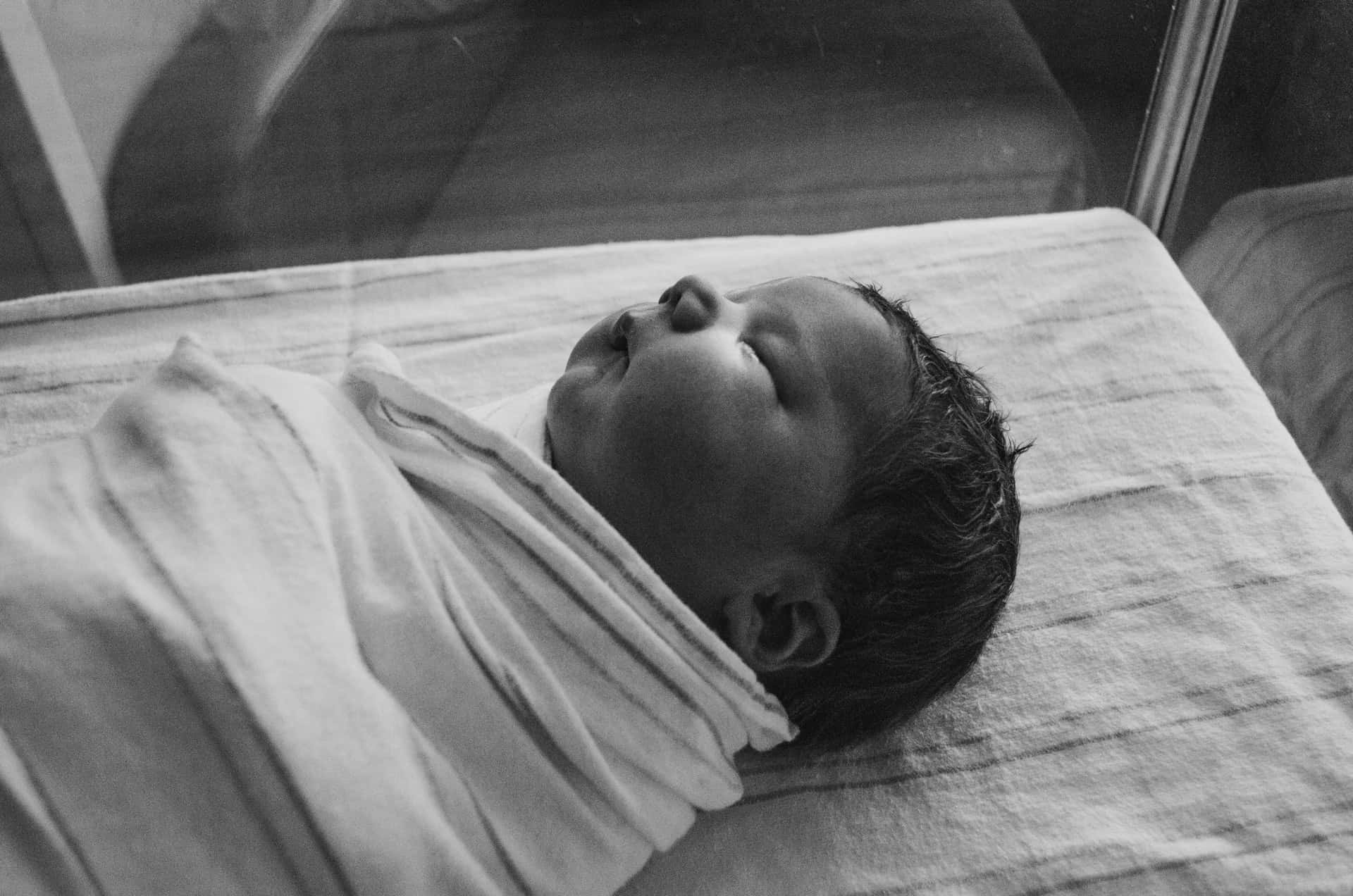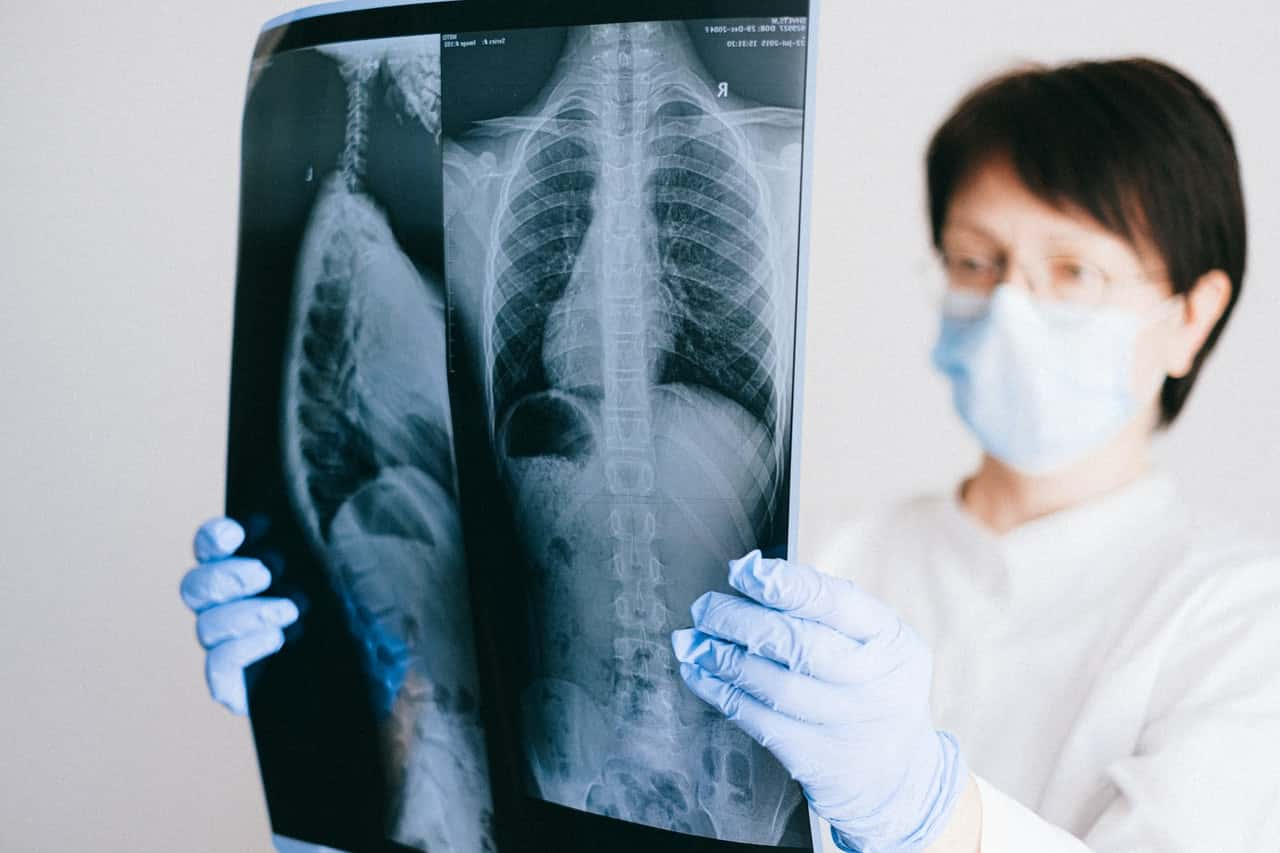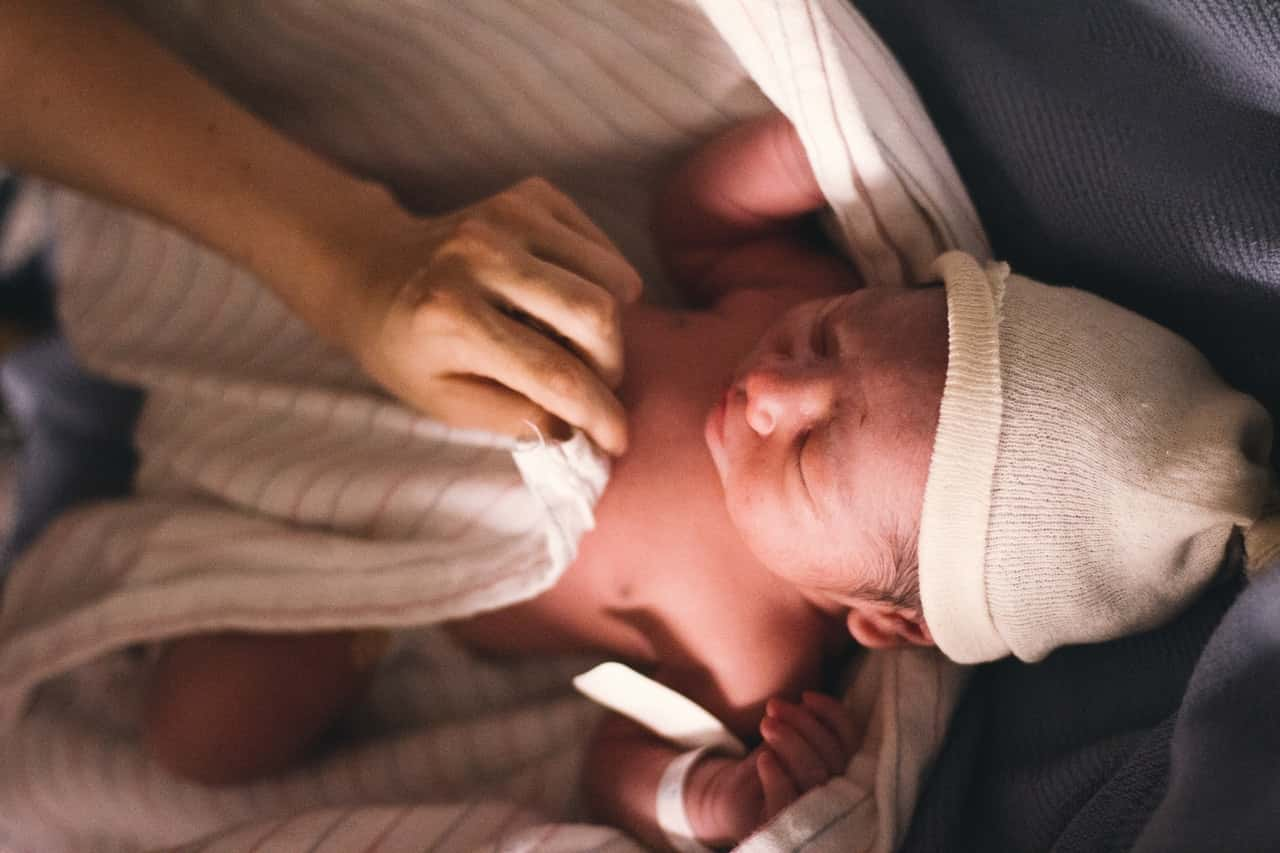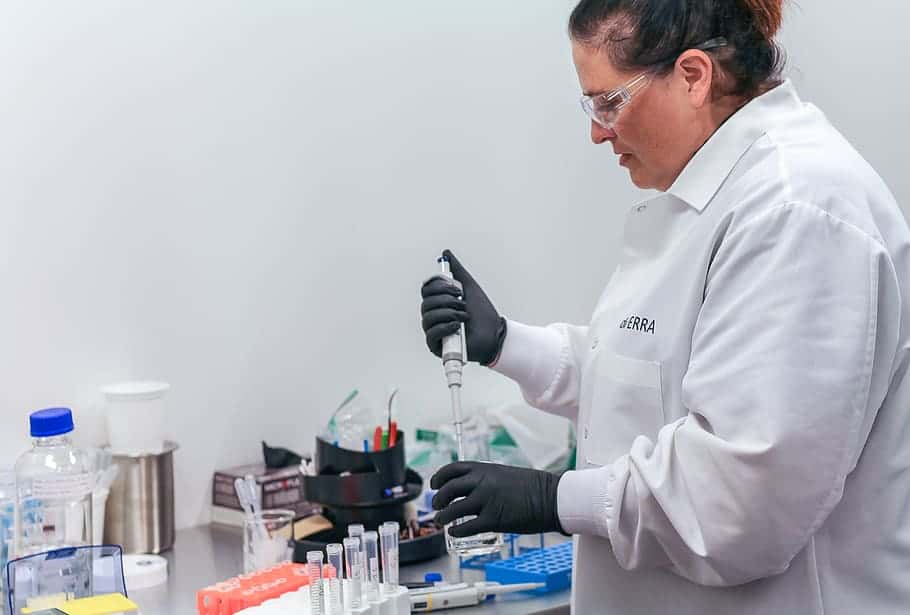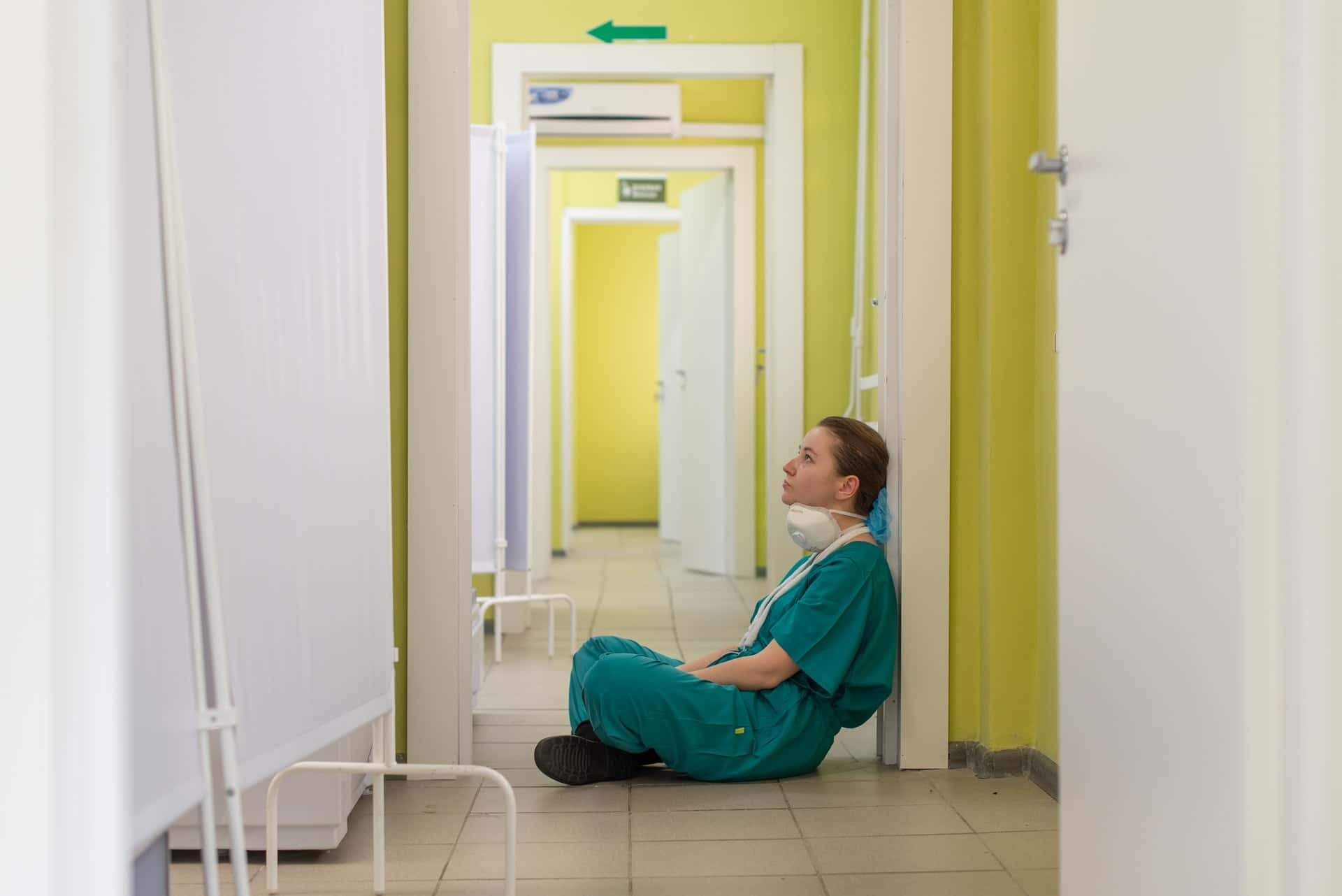Think about the last time you were sick; the ritual of checking WebMD, thinking you have a life-threatening illness, then finding out it was a harmless rash that was causing you all that stress. Regardless of the symptoms, we’ve all been there—but what of the unlucky few who actually did have some sort of ill-fated, isolated illness? There's a saying in the medical community: "When you hear hooves, think horses, not zebras." It means that the simplest explanation is usually the most likely...but as these stories prove, that's not always the case. These healthcare professionals came to Reddit to share their one-in-a-million zebras-not-horses stories. Let’s hope their stories are more legible than their handwriting, as we make an appointment with these descriptions of disorderly disorders.
1. A Bad Bridge to Cross
In dental school, I had an emergency patient come in complaining of sore gums. Upon examination, I found a massive calculus bridge (google it for pictures) behind her lower front teeth. She only had about 3 remaining lower teeth, but they were all connected with a whitish brown mineral deposit that was about the size of a golf ball. She had never had her teeth cleaned and she was probably 55 years old or so.
I basically performed an emergency cleaning. She could speak so much better afterward. Of course, I had to play it off like it was normal, but in my years of practice, I still haven’t seen a case that bad again. Get your teeth cleaned people. Even if you can’t afford every 6 months, once a year, or every other year is a heck of a lot better than never.
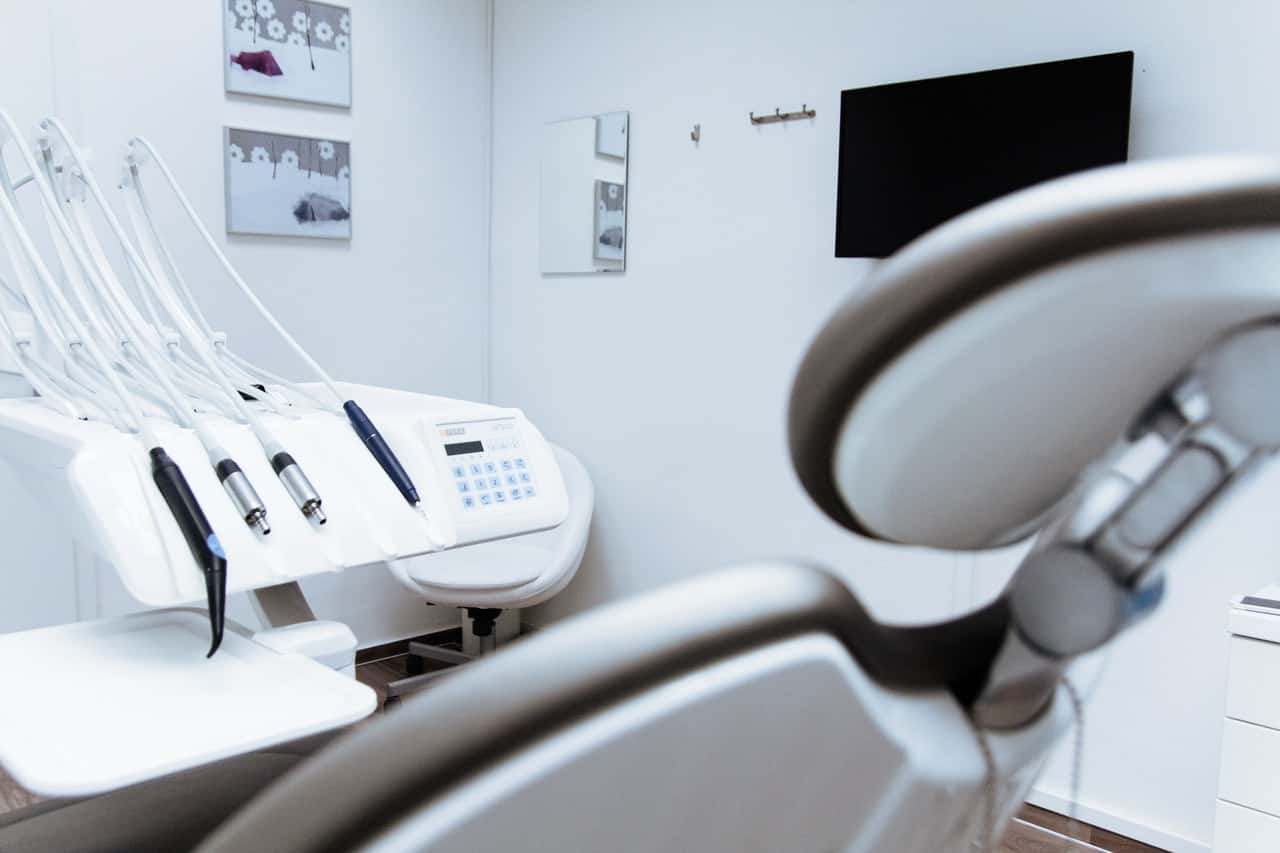 Pexels
Pexels
2. The Neighbors
An elderly lady came into my practice asking if there was anything she could be given to help her sleep, as the Irish terrorists in the flat below were keeping her awake at night. She was reassured that terrorists were not planning to blow her up, or Cannock (a small inconsequential town in the West Midlands) for that matter.
On the second visit, she insisted that they were going to blow something up soon and expressed paranoid thoughts. A full mental health review was conducted by the GP and the community psychiatrist. She came up clean. That's when we contacted the police, a couple of days later the flat below our patient was raided and found to be full of explosive equipment and real IRA members.
"How often have I said to you that when you have eliminated the impossible, whatever remains, however improbable, must be the truth?"
 Pexels
Pexels
3. Just a Nibble
When I was on peds ID, we had a young girl come in with a rash on the bottom of her feet. She was also having headaches and joint pains. We spent close to an hour interviewing the girl and her mother. Her history was essentially negative. Finally, as a last-ditch effort, I pulled out the weird questions you ask in med school.
I asked if they had any unusual pets, as we had already ruled out normal pets. They said actually they did just return a pet rat for biting her. They thought that this wasn't really relevant. Bam! Rat bite fever.
4. Pill Problem
I'm not sure if this counts as a rare diagnosis but it was a neat one. This fellow was at dinner with his wife and some friends when "all of a sudden" he slumped forward into his entree and went unconscious. I saw him as a hospitalist in the IMCU. Despite being unconscious, his labs and vitals were all stable and he appears to be adequately protecting his airway.
The wife was initially understandably distraught and not able to offer the best of histories, but as the patient gradually began to wake up, I was able to put together a few facts. The patient had pancreatic insufficiency and thus needed to take six pills with pancreatic enzymes before each meal. He also had a prescription for Ambien. They were both white pills...you can figure out the rest. He recovered fully without any long-term effects.
5. Hoofbeats
I diagnosed a patient with acute intermittent porphyria. He had a history of psychiatric admissions with depressive symptoms associated with nausea (though not much in the way of pain). I saw him as a medicine consult for the psychiatry service and ordered urine porphyrins just for completeness as it apparently had never been tested before. Lo and behold, they come back positive.
There is this old adage in medical school, "When you hear hoofbeats, think horses not zebras." Which while perhaps relevant to a medical student, is actually the opposite for what is needed from a skilled practitioner. The common stuff is easy...practically reflexive. In our case, a better adage would be, "When you hear hoofbeats don't just assume it’s another horse." Too often physicians just hear the hoofbeats and ignore the black stripes.
 Pexels
Pexels
6. A Staple Food Source
I worked as a mental health tech to get through undergrad. A 15-year-old female in the adolescent ward claims to have swallowed a staple. Eh, but whatever, as I’m taking her down to x-ray, I tell her about the dime I swallowed when I was a kid. It happens. Well, turns out she underestimated the number of staples by around a hundred.
Every printout given by the therapists had been a swallowed staple. She had gotten staples from the other kids. The x-ray of her abdomen looked as if it were a weird staple-y snow globe. And yet, somehow, she was back to trying to take psych ward staples a week later. Never did figure out how they removed them all.
 Pexels
Pexels
7. No Face
Baby born without a nose and with non-functioning eyes. Diagnosed with Bosma Syndrome. It was kind of crazy, I saw the baby a few months later and it was doing fine. Children with Bosma Syndrome grow up without any cognitive disabilities, it's very interesting.
 Pexels
Pexels
8. Spinal Tap
I am an anesthesiologist now, but was a doctor in charge of a small rural hospital in India about 20 years ago. An elderly lady was brought to the hospital by an irate husband who felt she was faking an illness. She would lie in a room all day with doors and windows shut and complained of a headache. She refused to do housework or look after the kids. Other doctors who had seen her before me had treated her for pain with no improvement.
I examined the patient; who complained of severe headaches and just wanted to lie down and refused to open her eyes. I admitted her to the hospital and performed CSF tap (A needle into the lumbar spine to get a sample of fluid surrounding the spinal cord). As expected, it was tinged yellow (Cerebro-spinal fluid should be clear). These days we have CT scans to diagnose sub-arachnoid hemorrhage (bleeding around the brain); but it was a difficult diagnosis once upon a time.
9. One in a Million
The morning report was a good one today. We had a 59-year-old male come in with lower leg swelling. Within 3 days he becomes confused, febrile, and stiff. We put him in the ICU, thinking he had meningitis and got some CSF cultures and started antibiotics. Two days later, the cultures were still negative and he wasn't improving.
His wife then says this whole event seems similar to her husband’s (the patient’s) mom. She had Creutzfeldt-Jacob disease and passed from it. It's a 1 in a million (literally) diagnosis and our tests are still coming back for it. Really rare case most doctors will never see.
 Pexels
Pexels
10. Factitious Disorder
When I was an intern, we had a 22-year-old man with persistent abdominal pain, all studies negative. His symptoms were unexplained. His mother was constantly at his bedside, and his medical history, which was extensive according to his mom, included multiple hospital stays with no definitive diagnosis. I noticed that he would frequently take ill after meals, which his mother brought from outside the hospital.
It eventually became clear that he was a victim of Munchausen by proxy. His mother was making him ill. I'd had a patient with Munchausen's when I was in medical school (she was injecting her own waste into her IV), so I was particularly tuned in. Both cases were very sad.
 Unspalsh
Unspalsh
11. Catching Zebras
My first rotation as a medical student was psychiatry. I was really nervous, and made a flashcard for each psych condition and a list of diagnoses to consider. One of the patients being discussed on rounds was psychotic (think: KGB is after me!) but was otherwise put together. He was really into doing art and was very, very religious.
I looked at my flashcard for psychosis and casually mentioned that we should consider temporal lobe epilepsy, which presents with religiosity and exaggerated artistic ability. An EEG showed that he had it. I've caught a few zebras since, but that was my favorite.
 Unsplash
Unsplash
12. Cat Calling
A six-month-old baby was not getting bigger and dropping off the growth charts. The baby wouldn’t move and cried all day long. I couldn’t figure it out. I was making preparations to transfer the baby to the university hospital for admission. One of the clinic nurses commented that the baby's cry sounded like a cat. Ding, a bell went off in my head.
Cri du chat syndrome or cats cry syndrome. Very rare. I looked it up on UpToDate and the baby had a high probability of having it. I referred her to genetics and they confirmed it. The attending called me and marveled at my clinical skills. I chuckled and told him the nurse diagnosed it. Good news, the baby had a small deletion of the 5p chromosome and managed to stay somewhat healthy and functional.
 Pexels
Pexels
13. Socrates’ Demise
We had a young fellow come in who worked as a landscaper. He showed up in the ER with severe GI distress. The diagnosis was almost entirely from history. Apparently, he forgot to bring lunch so decided to munch on some "wild carrots" he found while he was out working. I Google "wild carrot dosing" and quickly figured out the diagnosis (this was in the this was Northeast USA by the way). I will give you a hint...a certain Greek philosopher also had an affinity for the substance...it was hemlock. AKA: Not good for you.
He recovered fine, though he did get a night in the ICU for observation.
14. The Worse of Two Evils
We had a good case a few years ago. An otherwise healthy, 40-year-old migrant worker from Central America started coughing up blood intermittently. Everything suggested tuberculosis: History (they were from an area with lots of TB), chest x-ray looked like tuberculosis, illness script looked like tuberculosis...but his tests for it (sputum/quant gold) were all negative.
I decided to test his urine on a whim to rule out pulmonary-renal pathologies. Ding, ding, ding! Blood. Lots of blood. The patient never noticed it, and his kidney function was superb, so this was a tricky diagnosis. Turns out he had granulomatosis with polyangiitis (Wegner's). Kind of a sad story, because TB is largely curable, but with Wegner's he'll be on chemo for a very long time with this disease. I'm glad we caught it before irrevocable damage to his organs, though.
15. A Bad Prognosis
As a third-year medical student, I had a patient come in with four years of worsening balance issues and garbled speech. She had gotten a crazy work up at an outside hospital system with every sort of imaging possible, biopsies of random sites, and a number of very expensive tests. She was at our university hospital for the first time.
When I first entered the room, I reached out to shake her hand, and from her wheelchair she had to raise her head at me because she couldn't look up with her eyes. This was the first red flag. I also asked her if she had the sensation where one of her limbs would move without her controlling it, and she said yes, suggesting something called Alien Limb Phenomenon.
I diagnosed her with Progressive Supranuclear Palsy with features of Corticobasal Degeneration, a very rare disease on the spectrum of Parkinson's plus syndromes, and my supervisors agreed. Unfortunately, it was a bad prognosis, but the family was consoled by the fact that at least they had a name for what was happening.
16. Hard to Miss
A woman came in with severe opiate withdrawal and some shortness of breath. Because she was so insistent about how miserable she was, everyone sort of wrote her off as drug-seeking. The morning I rounded on her, I decided to do a thorough physical exam. Lo and behold, she has a hard non-mobile clavicular lymph node...it was so big that it was impossible to miss if you just did the exam.
Immediately we got a chest x-ray and then a CT scan. There was a perihilar mass. After a biopsy, we learned it was small cell carcinoma (lung cancer).
17. A Hard Revelation
I was visiting a friend’s house when I was introduced to his dad who had no medical issues. He was a hard-working farmer, but looked a bit too thin. Something told me there was something not quite right, and so I asked him if I could examine him. I promptly discovered hard lymph nodes in several areas. Further investigations revealed he had disseminated cancer. He kicked the bucket less than a year later.
 Unsplash
Unsplash
18. The Meat of the Issue
A patient came in with an itchy rash that would not go away for weeks, and a new swelling of the mouth and tongue. She had "hives" all over her body and the only thing that had helped was repeated steroids. She was a mid 40s female who worked with dogs, so we assumed that she had a new allergy to pet dandruff, fragrance in a shampoo, flea medicine, or something along those lines. We discharged her home with an appointment for the dermatologist to do a biopsy of the lesions. But that wasn't the last we'd see of her.
Later that day, she turns back up in the Emergency Department with swollen lips, increased rash, and trouble breathing. She started having these problems 15 minutes after eating a roast beef sandwich. Someone on the team remembered that she works with dogs and asked if she'd had any recent tick bites. Sure enough, she had been bitten by a tick a few weeks ago and identified a picture of a Lone Star Tick.
Turns out she had developed an allergy to red meat after a bite from that tick. This allergy is called an alpha-galactosidase allergy, and is a reaction to a carbohydrate carried on the outside of cells (think like the carbohydrates on red blood cells for ABO blood type) by all other mammals except humans and monkeys.
The tick had bitten one of these and kept some of the protein in its digestive system, and then after biting her, her body developed antibodies to the carbohydrate, causing her to have a new allergy to meat.
19. Unexpected Guests
Ordered an abdominal ultrasound on a refugee from Iraq via Syria, expecting to find gallstones because she felt full easily after eating and was having pain in her right upper quadrant. Instead of gallstones, there were two, 7 cm cysts in her liver. Hydatid cysts from a tapeworm.
20. More Than Meets the Eye
As a fourth year during my rotations, I noticed my patient had a vertical subluxation of her crystalline lens during a dilated eye examination. The part of the eye that develops a cataract later on in life was shifted significantly up. She had severe myopia and astigmatism (-14.00 - 5.00 x 180 OU), and her 6'1" tall body along with disfigured teeth led me to believe she had Marfan's Syndrome.
She had never heard of it, never seen a cardiologist, etc. A few lab tests confirmed. She can live a normal life; she just needs some meds and education. She had very long fingers that jumped out at me and braces on her teeth. As an optometrist, I focus on glasses and contacts, but I see (no pun intended) and treat an unbelievable number of systemic diseases that manifest in the eye or retina.
21. My Old Mother
One of my favorites is when we had an 85-year-old man in for cellulitis or something, and everyone was documenting he was confused—in part because he kept talking about his mother; his mother was going to be so worried, he had to be discharged to take care of his mother etc. He became agitated and was actually getting ready to be dosed with Haldol because he was insistent he was going to leave to take care of his mother.
Note, the standard is to play along, tell the patient something like "Oh, we already called your mom, she knows you're here" that sort of thing, but he wasn't buying it. Finally, the nurse asks him if we can call his son to make sure the patient's mother is being taken care of (really, just to placate the patient), and the patient agrees. We call the son, the nurse explains the situation, and the son informs us that the patient's mother is indeed alive at the age of 101, but that he is staying in his father's house assisting in her care.
Poor patient was legitimately worried about his mom, and we all thought his infection (or just old age) was causing him to be confused!
22. On a Hunch
ED referred a guy to me who had a platelet count of 2. The guy looked bloody sick with abdominal pain, petechial rash, feverish, diaphoretic, and he was a bit confused and drowsy too. I talked to my boss who said to give him prednisolone and he'd see him tomorrow, but I was convinced this guy had a really rare condition called TTP (Thrombotic Thrombocytopenic Purpura) and so I called the major hospital in my area and sent him to their ICU for a procedure called plasma exchange.
I ordered a test called ADAMTS13 to prove the condition, and still have a paper copy of the result (he had none of this chemical) because it's the best diagnosis I've ever made, it helped save his life!
23. Growing White
Menkes kinky hair syndrome. I was called to see a 3-month-old boy with hard-to-control seizures. His most remarkable exam finding was his hair: he had been born with a full head of black hair (he was Hispanic), but at the time I saw him, the first 3-5 mm of each hair shaft was nearly white, with an abrupt color change, still black on the tips. The hair was a giveaway for this disorder, almost no need for confirmatory testing, but the admitting team had already ordered whole exome sequencing.
This was not a fun and exciting diagnosis to make, more a sinking feeling upon discovery of the hair (neurodegenerative disorder due to a defect in copper metabolism that is irreversible once symptoms appear), but it was interesting to see at that transitional stage. I had only seen older boys with Menkes before, once the hair was already pale and brittle all over. Usually the hair has changed long before the diagnosis is made.
24. Ignoring the Issue
I'm an anesthesiologist. This happened when I was a resident. It changed me for life. We had a 29-year-old male in for finger surgery. We had an uneventful induction maintained on Sevoflurane. Within 20 minutes we started to have rising ETco2. I called my attending after trying to hyperventilate the patient (She was a young Harvard trained peds anesthesiologist).
She comes in and asks me what I think is going on. I tell her things seem strange. She tells me to chill. Five minutes later, the ETco2 is over 100 and I'm freaking out! I call her and tell her this is MALIGNANT HYPERTHERMIA (easily fatal reaction to certain anesthetics caused by congenital aberrant sarcoplasmic reticulum receptors).
She says that I'm being ridiculous when I tell her I'm afraid this is the real deal. My pages get ignored by her. The patient’s temperature starts to rise. I'm bugging out and call the board runner (supervising Anesthesiologist for all the operating rooms). He's old. He knows me well and trusts me. Comes in, looks at the monitor—and his face went white.
Needless to say, we save the patient after many dozens of vials of Dantrolene. Six months later I'm made to do an M&M and the young Harvard attending insinuates I did something wrong in front of the department. Most of the rest of them come to my aide. She leaves the job shortly thereafter. I will soon be at her fellowship.
Weird.
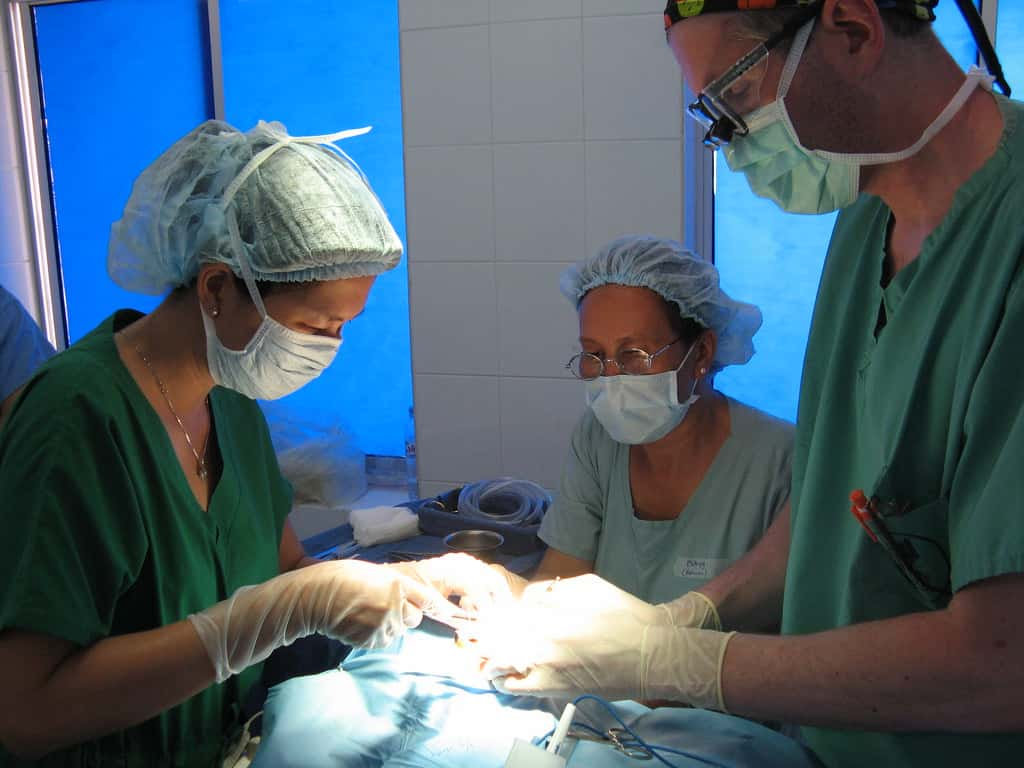 Flickr
Flickr
25. Flippant Flipping
I didn't diagnose it, but I have a patient with primary Ciliary Dyskinesia with Situs Inversus, aka Kartagener syndrome. The cilia in the body don't move well, and this mainly affects the respiratory cilia/lungs, although it also causes infertility, related to the cilia inside the fallopian tubes and the sperm tails not working well.
Situs Inversus is when the organs inside the thorax are mirror images of normal, the heart is on the right side instead of the left, etc. I was looking over this patient's old medical records and one of the radiology reads of a chest x-ray said, "There has been interval development of dextrocardia. Since this is physiologically impossible, the film has been flipped."
Probably the original film the radiologist had been comparing to had been incorrectly flipped to look "normal," maybe by someone who assumed there had been an error. Another chest x-ray report just read: "The film has been flipped" and then went onto the rest of the interpretation.
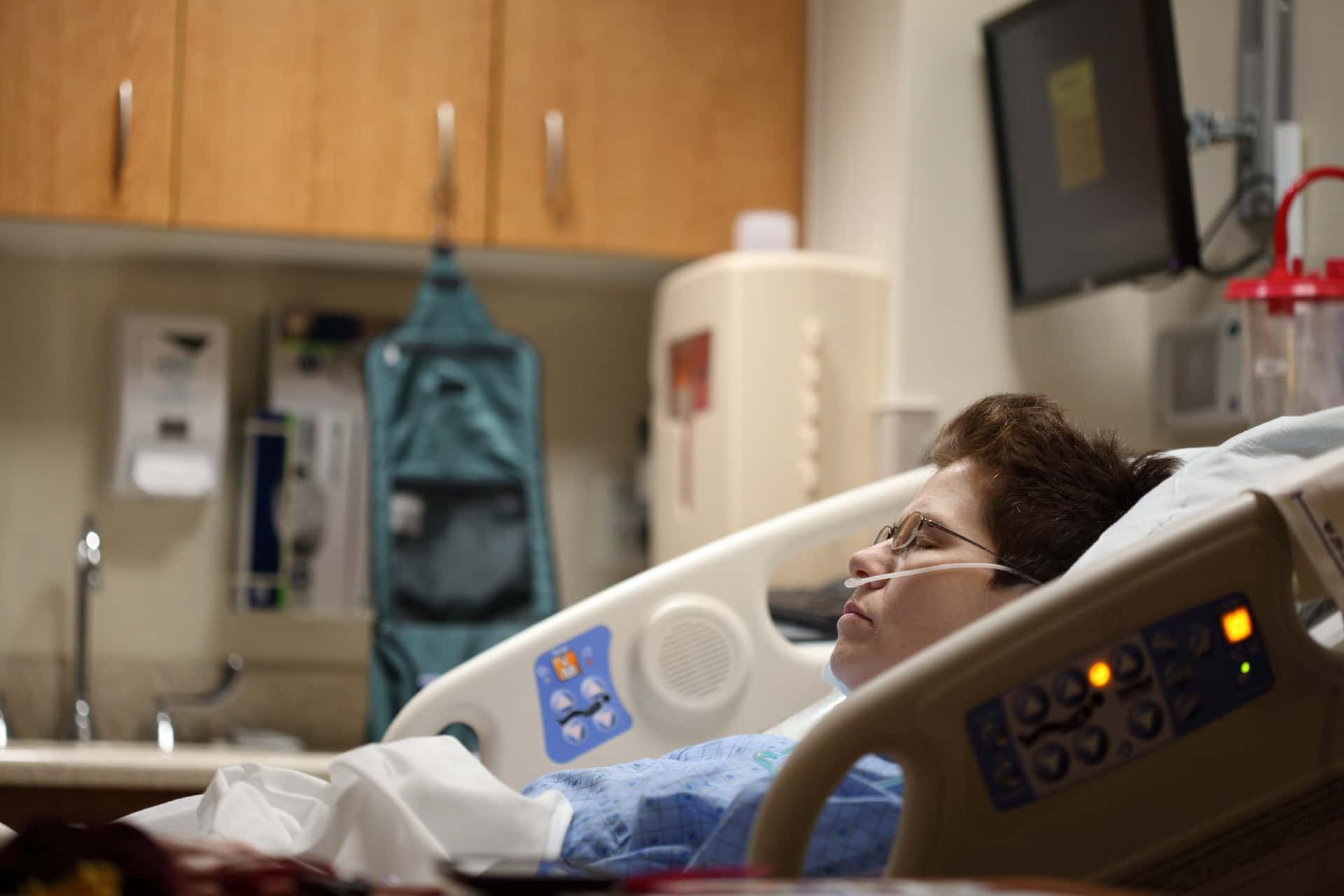 Unsplash
Unsplash
26. A Quick Diagnosis
I once saw a child with mosaic trisomy 8. It was a complete mystery why he had speech apraxia, and the geneticist I was working with took one look at his feet, saw that they had super deep creases lengthwise, and ordered a karyotype with mosaic trisomy 8 in mind. Sure enough, he was right. I was amazed how spot-on he was predicting that.
27. Caught in Her Throat
Primary doctor here. Had a two-year-old refugee child (whose parents couldn't communicate well) who swallowed a button battery and it was stuck in her throat. For clarity, I didn't know it was a button battery, but something just didn't feel right, so I sent her to the ED. If she had gone perhaps one more day, she might not have made it—it had already destroyed a good amount of tissue in her esophagus and was apparently somewhat close to perforating.
I feel like it would have been very easy to just say she had a sore throat from an illness, particularly with the language barrier. I'm glad that something felt weird to me—she didn't look that bad, but was just holding herself and breathing weirdly.
28. Rare and Terrible
Wolman Disease. A genetic disease that affects about 1/200,000 kids, terrible outcome. It leads to calcification of the adrenal glands, which is how I picked it up on a chest x-ray on-call (I'm a radiologist). The kid had failure to thrive and a big spleen so I brought it up. He got further testing which confirmed the diagnosis.
Bottom line, don't forget to look at the adrenals or ribs on peds x-rays!
29. Dr. Google
Probably Stiff Person Syndrome. Technically it was paraneoplastic antibodies causing a case of mild stiff person-like syndrome, but it was basically a lady who had glutamic acid decarboxylase antibodies which caused her to be really stiff. How'd I figure it out? Well, she was really stiff and it was very odd. I was out of ideas and literally googled "stiff person" and got the result of a disease I'd probably heard mentioned in passing in med school but is so rare you forget about it: Stiff Person Syndrome.
Yes, it's real. I thought it was a joke at first—but it's all too real. Ordered the test, it was positive. Later, after more research, I learned that you can have similar antibodies and symptoms with paraneoplastic syndromes, so I did a scan, and found a lung tumor. Boom. SPS is really rare. Paraneoplastic syndromes are less rare. She was somewhere in the middle.
30. Miracle Porridge
I made a clinical diagnosis of fairly early-stage necrotizing fasciitis (the infamous flesh-eating bacteria) in West Africa which was pretty cool... The patient was a young adult male who was writhing and screaming in agony as he was carried in. He spoke a tribal dialect and I spoke ugly French, so it was basically impossible to get any information out of him or the friends who brought him in.
I laid him on the table and did a rapid trauma assessment. When I stripped off his shirt, I saw a small patch (maybe 4" x 6") of blackened tissue below his left nipple along the side of his ribs. It looked like a chemical burn to me at first glance. I realized that some of the skin had torn off the area when I removed his shirt, and when I touched the lesion to examine it, I could feel the skin separating from the tissue below it.
The technical term is "desquamating." It had a horrible odor like spoiled meat/rotting garbage mixed with 100 degree west African heat and 100% humidity. Putrid. His temperature was over 40C (104+ F) and his O2 saturation was terrible. The rotting garbage smell indicated anaerobic bacteria, the skin peeling off indicated connective/soft tissue involvement, and the disproportionate pain (relative to the size of the lesion) is a hallmark of necrotizing fasciitis.
I ran back to my room and grabbed the Oxford Handbook of Tropical Medicine (highly recommend if you work over there in medicine) to double-check because I had never seen a case of flesh-eating bacteria in person before and didn't want to screw up the diagnosis and move things in a different direction if I was wrong. Sure enough, everything matched up and the chief of medicine stopped by to confirm the diagnosis. He basically said, "Oh yeah we see these fairly frequently, people get a cut or a bug bite and then rub dung or dirt into it and the infection takes hold."
The craziest part was the outcome. In the United States, patients with necrotizing fasciitis in one limb frequently die or suffer amputations of both arms and both legs—even in the best ICUs. Here we were in the middle of West Africa at a remote bush hospital and this guy has it on his chest, which pretty much wrecks the standard aggressive surgical approach since you can't exactly amputate the chest.
We loaded him up with high dose IV ampicillin a few times a day and his wife forced him to eat multiple bowls of porridge...miraculously he made a full recovery and left smiling 10 days later. I'm convinced it was the porridge.
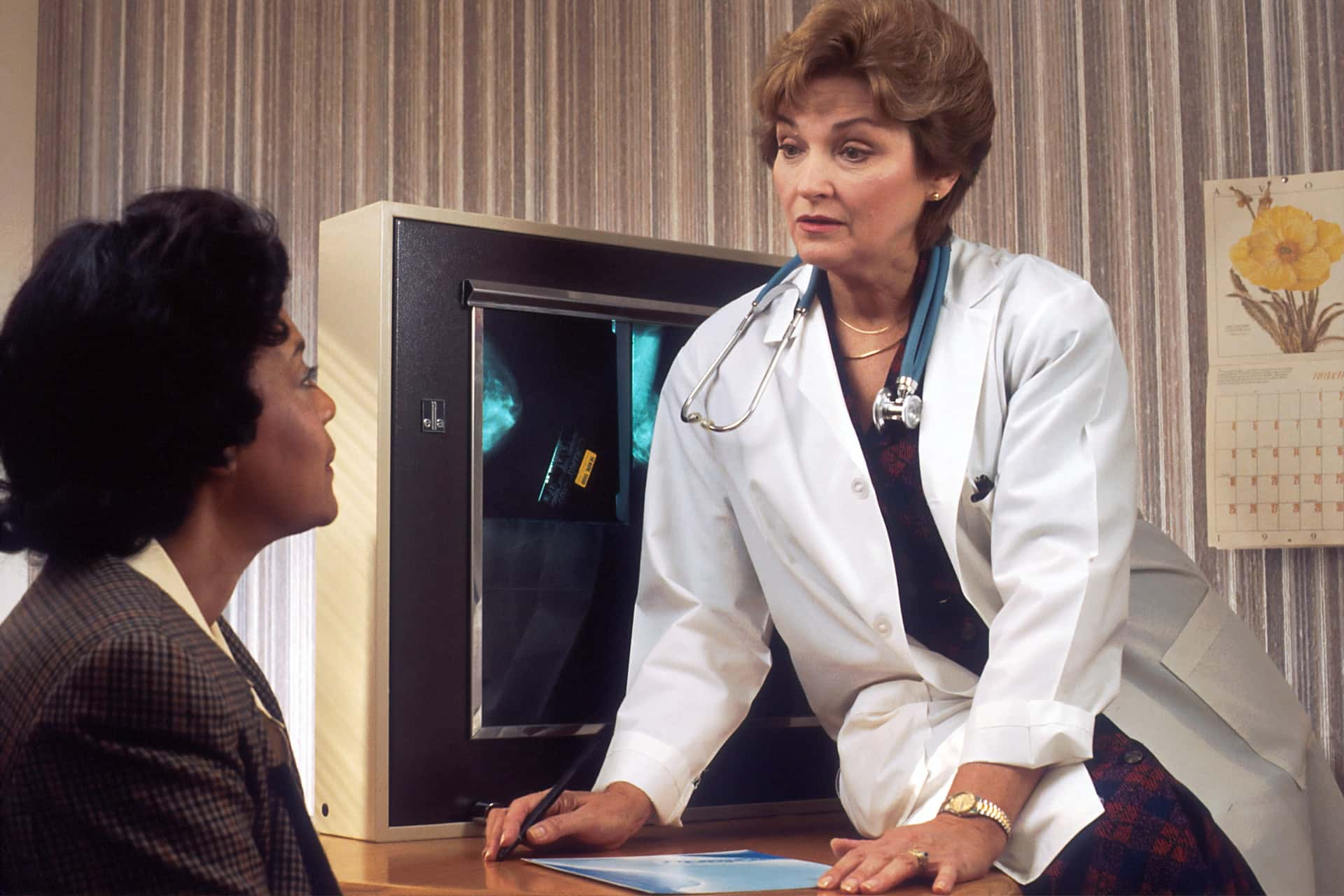 Unsplash
Unsplash
31. Wearing Your Heart on Your Sleeve
I diagnosed a little girl at birth who had Ectopia Cordis. It's a birth defect where the heart is located outside of the chest or thorax (yet it's still underneath the skin). It only happens to about 5-7 per one million live births. Warning, if you plan to search up "Ectopia Cordis," the images available may not be for the faint of heart.
32. Say No to Drugs
Today I took care of a man who believed he had been bitten on the abdomen by a baby rattlesnake that had fallen out of his ceiling vent, crawled up his abdomen under his skin, up his throat, and was currently coiled and rattling in his brain. Diagnosis: methamphetamines. Just say no.
 Flickr
Flickr
33. Against All Odds
Five years ago, I spent six months working in a small rural Zambian hospital in the medical ward as part of a volunteer/outreach program. I have done mostly family medicine, and some surgery in my early days, but decided to mix life up a bit. The hospital was typical third world—a few basic medications, rudimentary clinical tools, a small lab on site which was usually broken.
No resuscitation tools whatsoever. HIV, TB and malaria were rife—it would not be uncommon to encounter a loss per day despite our best efforts. On one of my first days there an unconscious person was carried in by a mob of locals. I could smell him before I saw him. He had been in a house fire and his skin was cooked—completely black around his chest, face, and over his legs.
He was still breathing on his own and maintaining his airway but we had no doubt he had inhaled a lot of smoke. With no way to intubate or provide oxygen we merely had to hope that he didn’t swell up and close off and deal with the rest of the burns while he was unconscious. Two colleagues who worked in the hospital came over urgently.
We all kept our cool externally and got the nurses to translate to the man’s family that we were going to do everything we could to get him better. In reality, all three of us knew his chances at survival were in the single-digit percentages. We decided that due to the extent of his burns we were going to have to do an escharotomy (cutting the burned skin to prevent it contracting and stopping him from breathing).
Turns out I had the most surgical experience so despite having never done one before I gave it a go, hoping for the best. We got an IV into a neck vein and got fluids going. The local nurses dressed his burns. We gave him whatever pain relief we had. He was unconscious for a couple of days but eventually came to.
Each day we were expecting his kidneys to pack up but to our surprise, gradually he got better. He was with us for just over four months recovering. He came out severely scarred but he had beaten the odds and survived.
 Pexels
Pexels
34. A Rare Talent
I've diagnosed anti-NMDA receptor encephalitis in a patient that was thought to be withdrawing from an unknown illicit substance. Then, not two months later I had another patient with the same disease. I was talking to a neurologist recently and he thought it was a condition that is far more common than we thought it was, but still a pretty good catch for an internist.
I've caught a few conditions that were rarer, but it's nice to talk about one that's treatable.
35. Improvise. Adapt. Overcome.
I'm PhD, not MD. The weirdest to me was a bloodstream bacterial infection that looked sensitive to antibiotics in the clinical lab, but the patient could not be cured. We got samples of the bacteria and turns out it was "tolerant" to antibiotics in a biofilm (heart valves) but not sensitive in the clinical sense. Opened my mind as a microbiologist to how insanely adaptive bacteria can be, and how they're more a population than individual cells. The most interesting paper I ever published, and unexpected.
36. Subtle Symptoms
Not super rare but sort of diagnosed/missed Myasthenia gravis. I was an intern in the emergency department. A woman presents with the classic vague symptoms of fatigue and weakness. Notably, her father had very recently passed. Full blood panel was normal, her examination was almost completely normal but I did find she had proximal weakness (her upper arm strength and thigh strength were poor but her hand and feet and shins etc. were normal).
I presented to my superior and we decided to send her home because we couldn't diagnose her with anything and we can't admit someone to hospital for fatigue. She was upset that we couldn't help her. After she left, I couldn't shake this terrible feeling. I asked my superior, what about Myasthenia Gravis? Well, too late now, besides the testing takes weeks.
She represented a week later (I didn’t see her). She was admitted this time and seen by a physician. More tests were ordered and eventually she was diagnosed and treated for Myasthenia Gravis. I saw her 6 months later and she remembered me, she was doing much better and wasn't upset that we missed the diagnosis.
It can be very hard to diagnose some things because of how non-specific the symptoms are. In this case I had a feeling she had a real disease especially with her proximal weakness but there wasn't much we could do about it.
37. Jaw-Dropping News
I'm not sure if I count because I'm a veterinarian, but I saw trigeminal neuritis in a dog. Basically, the dog can't move his lower jaw, but it's not stiff or painful or anything, it just hangs slightly open. It looks like the dog has just received some unbelievable news, basically. It goes away on its own in 2-4 weeks, but the dog can't eat or drink very well, so you have to syringe feed them, do elevated food bowls, etc.
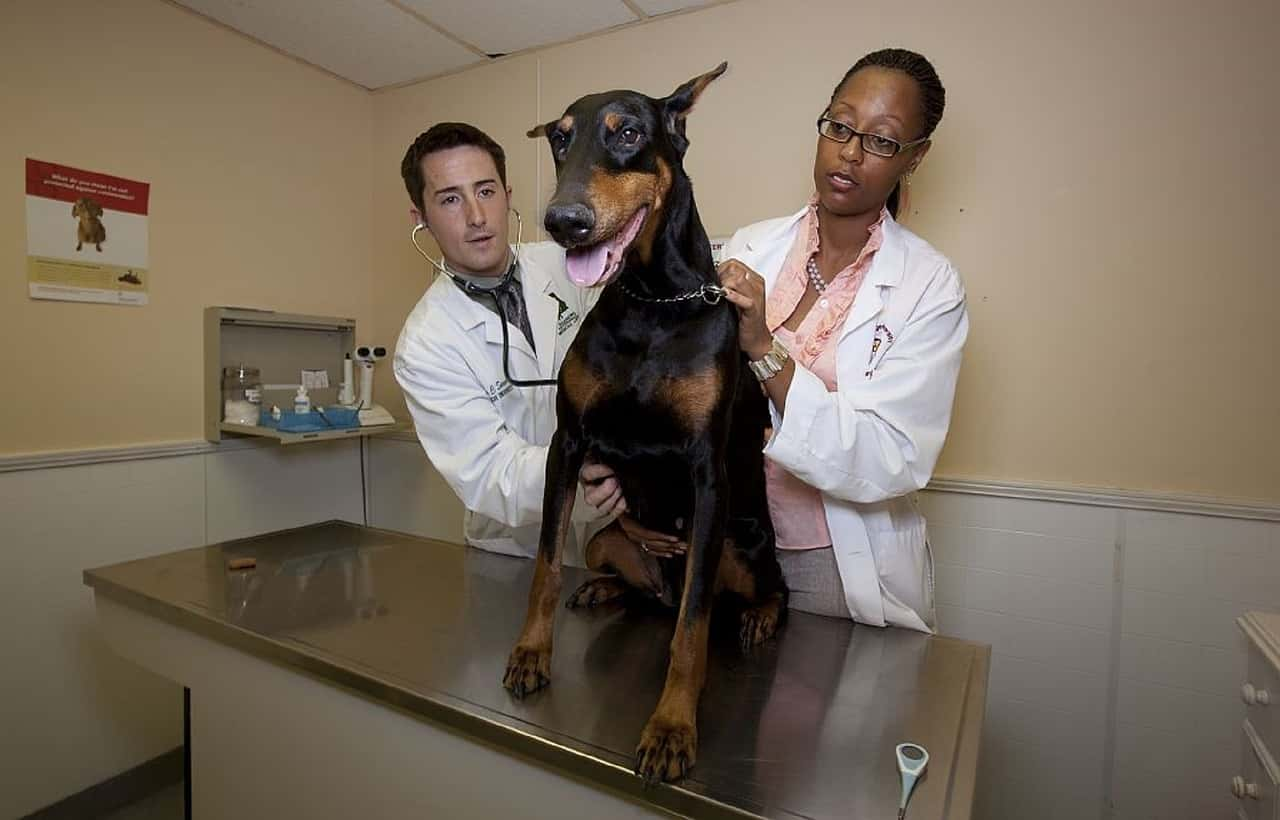 Needpix
Needpix
38. Benadryl to the Rescue
I had a patient transferred to our hospital for a STEMI (major heart attack). When they arrived, I noticed they looked a bit red and asked them, other than the chest pain, what symptoms they were having. The person said that they had been having a rash for a few days as well as nausea, vomiting, and diarrhea. Those symptoms go along with a condition called scombroid poisoning which you get from eating old, dark meat fish (tuna, mackerel, etc.).
I asked the person if they had recently been eating fish and sure enough, they had been eating salmon for the past few days. Assuming they had it, I treated them with Benadryl which fixed the rash, nausea, vomiting, and diarrhea. They were taken by the cardiology service to get a cardiac catheterization (how you find clogged blood vessels in the heart) for the heart attack and the results came back normal (no vessel occlusion).
Best I could tell, the condition stressed their body and made them tachycardic/hypotensive which made their heart work harder. The increased demand on the heart + an already weak heart led to the heart attack. Also, was pretty awesome to see the EKG go from showing a clear heart attack to normal after being treated with Benadryl!
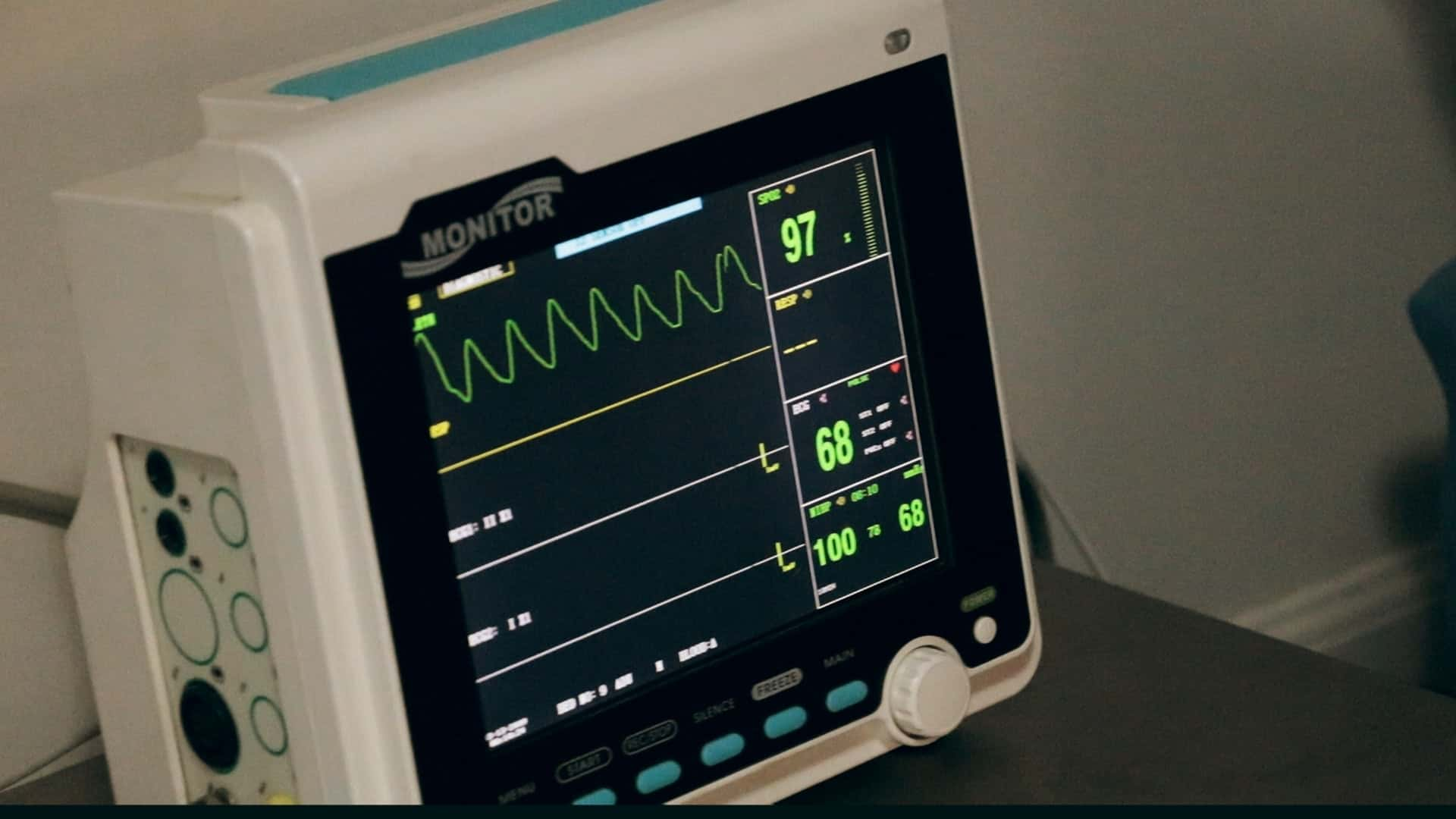
39. Face-palm Parenting
I'm a nurse and I work in a pediatric ER. A young woman brought her baby in to be seen for vomiting. I ask her to put the baby on the scale. While on the scale I notice a strong odor of bug spray so I asked about it. Her response made my blood run cold. Mom: "A roach crawled into her mouth so I sprayed a little Raid in there." She said it in a matter of fact tone, like it was no big deal.
Queue up calls to the police, CPS and a 1:1 sitter for the child and the mom. When all was said and done the baby was fine and turned over to her grandmother so no worries there. I have no idea what happened to the mother. I don't believe she was intending to hurt the child. I think she was just completely ignorant.
40. Non-FDA Methods
We had a case a couple of years ago that still gives me chills whenever I think about it. A younger girl goes to her family doctor in a small town outside of the bigger city where I live. She had persistent headaches, which just started a few days prior. No past medical history of anything similar or really at all about her that stood out as relevant.
Unable to diagnose or treat her headaches (which were rapidly growing more severe), she was sent to our hospital (X state's Childrens' Hospital) for evaluation. We ran her through the typical gauntlet of testing for common causes, CBC/CMB/CT/MRI etc. still with no clue. Nothing came up on blood cultures either. At this point she was in the PICU rapidly deteriorating, with high fevers and periodic losses of consciousness.
After eliminating all the horses, we had to start looking for zebras...and quick. We collected a CSF sample for culture thinking it might be one of the rarer forms of bacterial meningitis. While this was cooking (cultures usually take at least a few days) we tried again to get any other possible info from her parents...that's when we learned the whole story.
For the first time, they mentioned that they had visited a local waterpark a week or two before the girl’s symptoms started...and this was in the middle of summer. For any Peds doctor, or especially ID doctors in the room, those words made their hearts sink. Sure enough, the cultures came back, positive for Naegleria Fowleri, the pathogen responsible for Primary Amoebic Meningoencephalitis (PAM). Which up until that point, I don't think there was a documented case of a patient being diagnosed with PAM who survived.
It’s the incurable brain-eating amoeba that lives in warm stagnant water and can enter through the cribriform plate at the top of the nose if the patient gets water up there...which happens all the time at waterparks. Anyway, long story short, we basically cook up a (very non-FDA-approved) drug cocktail as a sort of Hail-Mary attempt at fighting this infection, as nothing else in any other case had ever worked.
In addition to this, we basically stick her in a Mr. Freeze chamber, lowering her body temp to below what N. Fowleri can usually survive. Unfortunately, most people can't survive it either. But for some reason, (though in an induced coma the whole time) she steadily improved. When we took her out of the deep freeze and allowed her to wake up, it was incredible...
She was alive with no apparent neuro/cognitive deficits, and the new cultures showed no growth of N. Fowleri. It's not too hard to figure out where this occurred, as it may still be the only successfully treated case in the US.
 Unsplash
Unsplash
41. Like Flipping a Switch
I can't remember all the details though so bare with me. I'm at a big tertiary hospital, and had an elderly veteran brought to us one day after being found unconscious in a park. He had alcohol in his system and a quick look at his records showed that this was an ongoing problem with him. He was a sweet old man who was very grateful for our help, up until day 3 of his hospitalization. That's when things took a dark turn.
He developed pneumonia-like symptoms and became somnolent for a few days. Then, out of nowhere, he became very inappropriate—he begins grabbing the nurses and repositioning them, touching himself, and constantly licking his lips in a disgusting manner when anyone even looked at him. He went from a sweet old man to a deviant almost overnight. We even had to wrap his hands up in bandages to stop him from touching himself and others. Oddly though, he hit on anyone and everyone (women and men) except for me. I guess I wasn't his type.
We ended up diagnosing him with Kluver-Bucy syndrome, caused by HSV encephalitis (herpes). Symptoms include hypersexuality and hyperorality. It's pretty rare and I haven't seen it since, but as you might imagine, it left a lasting impression on me. He improved with treatment though, and was incredibly embarrassed after finding out what he had done.
 Pexels
Pexels
42. The Living Dead
I had a lady come into the ER listed as “Multiple Medical Problems”. This usually means diabetes and the issues stemming from it, or maybe bleeding issues from another disease or maybe odd blood tests results at a clinic. I hadn’t seen the patient yet, but the doctor came to the nurse’s station asking who had room 15. I jumped up and followed him into the room.
I walked in and saw what I thought was a corpse. Then the patient’s eye swiveled over to look at me. She truly looked like one of the people they found in a concentration camp. I could see every bone, and her body was twisted in a decorticate position with her jaw locked open. Then the smell hit me: rotting flesh and body fluids. I struggled to keep a neutral face and not gag.
I tried to place a blood pressure cuff on her arm and her skin just started flaking off in my hands. I gagged. The doctor started removing her clothes to examine her. Her feet were black to the ankles. Her hip bones were poking through her skin and were black. The skin around her ribs was worn away to oozing muscle fibers.
Her calves were incredibly swollen and the skin was splitting like ripped pants. I removed her Depends, and there was excrement coating her entire genital area. Then the doctor went to remove a large bandage on her lower back. Her entire sacrum was exposed and the bones were BLACK! The skin around it was a black liquified mass.
It smelled like nothing I’ve ever smelled. I can’t even describe it. The doctor told her family I would clean up her ulcers and wounds in preparation for surgery (liar, no surgeon would operate on her). I had no idea how to clean dead bone tissue and liquified skin (they don’t cover that in nursing school). When I went to clean her sacral area, all the liquified skin separated and oozed all over the bed. I really struggled to keep myself together.
Afterward, I needed a moment in the supply closet to cry it out for a second. I had no idea the human body could break down so much without dying. I still think about that woman sometimes, and what led to her living like that. It still breaks my heart. My guess is that she had some sort of traumatic brain issue or a stroke.
Family members were taking care of her, and I think they were treating her absolutely horribly. I think as her skin deteriorated, she developed terrible pressure ulcers that never healed. The swelling was probably due to starvation and a lack of protein in her diet. I’ve had nightmares about her face since then. Once, I dreamed she crawled into bed with me.
I freaked the heck out and ran into the hallway. My toddler walked out after me, rubbing his eyes, asking why I ran away.
Sources:






